Fall for Nature this February
Love of Nature is where the source of environmental stewardship flows. In contrast, disconnection from Nature has led to the overwhelming global apathy in the face of all of our current environmental problems.
A useful way to define and maintain a love of Nature is sustained attention and active engagement, however big or small. Developing a rich curiosity about other life forms, from a tree, to an insect or a garden bird, helps us to understand our interconnectedness and relationship with the rest of the world and the planet we live on. Here are some ways for you to foster inspiration, curiosity and respect for the natural world and fall in love with Nature:
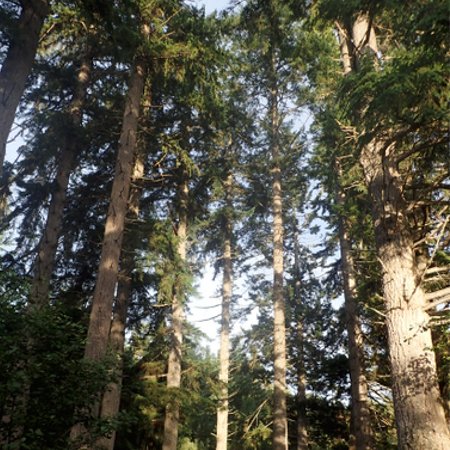 | 1. Have a date with nature and visit the Forest – There are plenty of ways in which you can visit the Caledonian Forest and see what makes this ancient area so special. From Glen Affric to Rothiemurchus, we’ve compiled a list of some of the best remnants where you can spend time amongst ancient Scots pine, blaeberries and an array of birdlife. For England, use the Forestry Commission’s Discover a Forest tool to locate a forest near you, or if in Wales try visiting the ancient Brechfa Forest or the red squirrel haven of the Newborough Forest in Anglesey. |
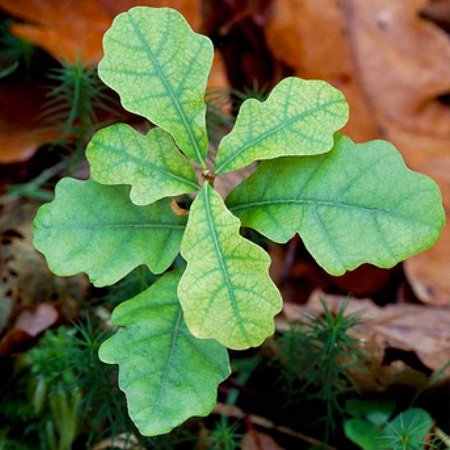 | 2. Dedicate a tree for a loved one – A dedicated tree is a special gift for any occasion and is the perfect way to celebrate an event or remember a loved one, especially on Valentine’s Day. When you order your gift, a native tree will be planted for you by Trees for Life in the Scottish Highlands, creating a home for wildlife and forests for the future. |
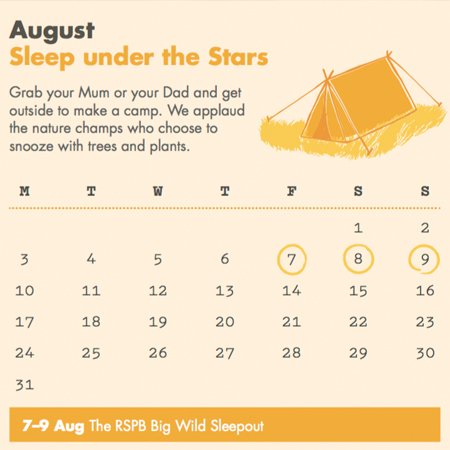 | 3. Plot your year with the WildTime Calendar – The National Trust and the Wild Network have put together a free calendar to help you plot a year of WildTime adventures. Print it out and engage with Nature any time of year, whatever the weather. |
 | 4. Cut down on animal products – The rearing of livestock for meat and dairy takes a huge toll on our environment. Grazing pressure from sheep has contributed to the recent decline of forests in Scotland, while the United Nations say that livestock production is responsible for 14.5% of global carbon emissions. Try #MeatFreeMonday, ensure your animal products are bought locally or, if wanting more of a challenge, give veganism a go! This vegan starter kit will make it pain free. |
 | 5. Don’t just do something, sit there – Have a ‘Sit There’ Workshop, ideally outside with access to a natural space such as a garden or local park. Bring a field notebook or journal and something to sit on and follow these steps: Be quiet, be still, use all of your senses, observe from a distance, and take notes of what comes up. |
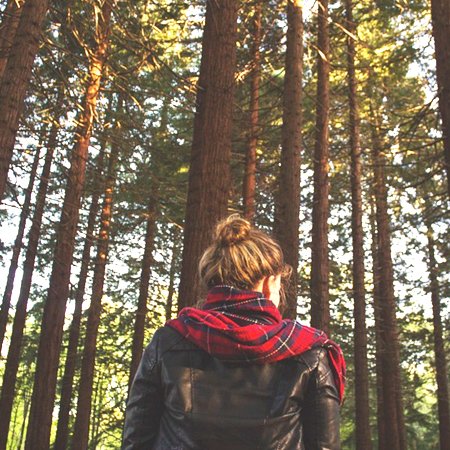 | 6. Consider the bigger picture – Remember you are part of a larger web of biological connections – “Every time we breathe in, we’re breathing in other organisms,” says David Haskell, author of The Forest Unseen. |
 | 7. Consume less – The way we currently design, produce, use and dispose many consumer products is through a linear “cradle to grave” system or what Story of Stuff Creator, Annie Leonard, refers to as the “Take, Make, Waste” model. Be gentle to Nature and consider that the current economic model of infinite growth on a planet of finite resources is just not possible, let alone sustainable. Reconsider how much you really need, and that having more material possessions does not increase happiness: “Our becoming much better off over the last four decades has not been accompanied by one iota of increased subjective well-being.“ |
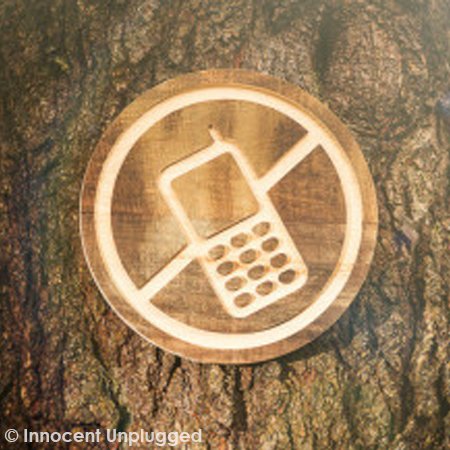 | 8. Disconnect from devices – A digital detox can help you reconnect with the natural world around you. Studies suggest that an over-reliance on the digital world can be detrimental to your mental health, and the use of technology-based activities discourages physical exercise so ditch the devices and go outside! There’s a whole wide world of natural goodness out there and we can promise it’s far more entertaining and good for you. |
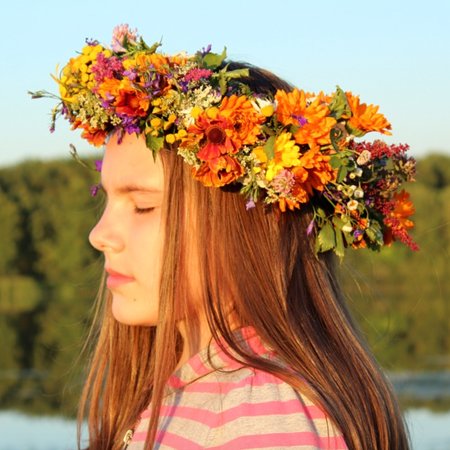 | 9. Play and connect – Ecological restoration is not only about what is out there in our field of vision but also what is inside us, how we feel or relate to ourselves, each other and our environment. Try some of these Nature Games (like the ones we do on our Conservation Weeks) to awaken your enthusiasm and help you feel connected to the world around you. |
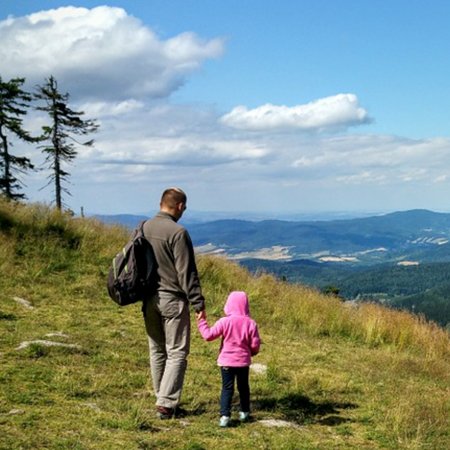 | 10. Make outdoor time part of family vacations – Next time you all have a day off from school, why not take the family for a hike instead of seeing the latest movie? You can even do a campout in your own backyard, a great idea if your kids are still too little for the real deal. While you’re at it, you can work on their outdoor survival skills. |
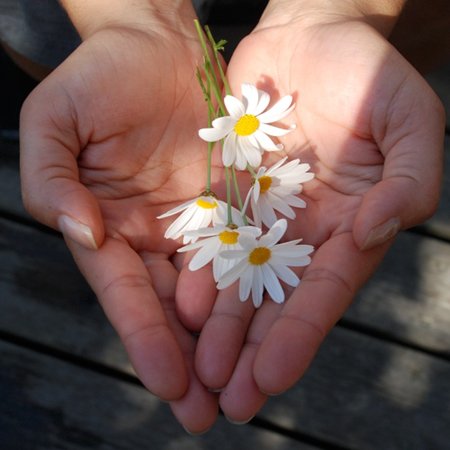 | 11. Give back with #GivingTuesday – DÄna is a Sanskrit word that connotes the virtue of generosity, charity or giving. It can take the form of giving to an individual in need or in the gesture of helping projects that are actively involved in environmental issues. Visit #GivingTuesday and give a helping hand to charities doing good for the planet. |
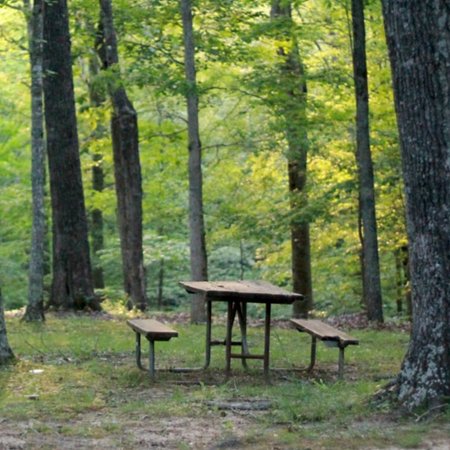 | 12. Eat outdoors – From a full-fledged picnic, or a take-out break at lunchtime on a park bench, take a break and appreciate your meal outside. Studies show that the additional vitamin D and fresh air of being outdoors contribute to a natural mood booster, doing wonders for your mental clarity! |
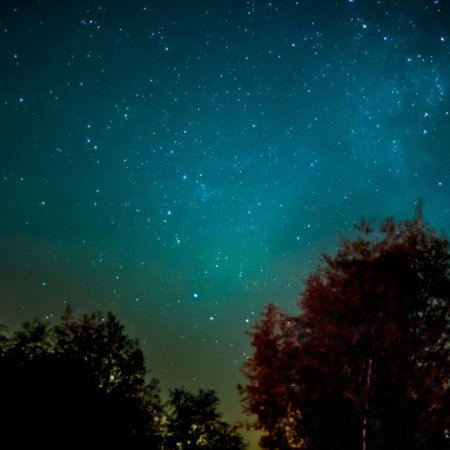 | 13. Stargaze – The cooler temperatures of the winter months lend themselves to a wonderfully clear atmosphere, perfect for gazing at the expanse of space above us. This is not only a spectacular way to see one of Nature’s great wonders, it’s also a fantastic way to gain perspective and realise how small we are in the grand scheme of things. Pick a clear night, grab a blanket and count the shooting stars. |
 | 14. Take your camera for a walk – Being creative outdoors can really help you pick out the small details you might usually glance over, and studies suggest that it’s a great form of therapy. Taking photos is an easy way of doing this, helping you see nature in a series of frames, collecting snippets and moments, and bringing you closer to the ground for a whole new perspective. Photography also helps you slow down, making your walk more leisurely and often taking you off path for a entirely different view. |

